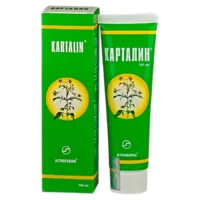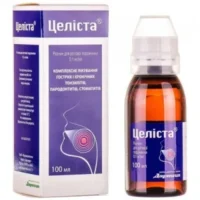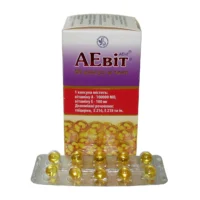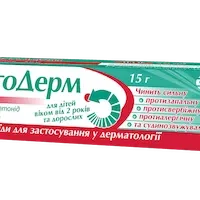Description
Octenisept (Octenidine Dihydrochloride) Solution 1000 ml Vial
Ingredients
- Active ingredient: Octenidine dihydrochloride
Dosage
- Recommended dosage: As directed by a healthcare professional.
Indications
- Indicated for: Wound antiseptic treatment, prevention of infections.
Contraindications
- Do not use if: Allergic to octenidine dihydrochloride.
Directions
- Directions for use: Clean the affected area, apply the solution, cover if necessary.
Scientific Evidence
Octenisept has been extensively studied for its efficacy in wound care and infection prevention. Research has shown significant antimicrobial properties of octenidine dihydrochloride, making it valuable in clinical settings. A comparative study highlighted its superior effectiveness in inhibiting a wide range of pathogens compared to traditional antiseptics, reducing the risk of infections.
Pharmacological Effects
Octenisept disrupts the cell membrane of microorganisms, leading to their death. This mechanism of action is effective against bacteria, fungi, and viruses. Additionally, it provides sustained protection due to its prolonged antimicrobial effect.
Clinical Trials and Research
Clinical trials have demonstrated the efficacy of Octenisept in surgical wound care, burn treatment, and catheter site care. Studies have shown a significant reduction in surgical site infections with octenidine dihydrochloride compared to standard care protocols. It is considered a valuable antiseptic agent with a low risk of resistance development, making it a preferred choice in infection control strategies.
Additional Information
- Storage: Store at room temperature away from direct sunlight.
- Caution: Avoid contact with eyes and mucous membranes.





